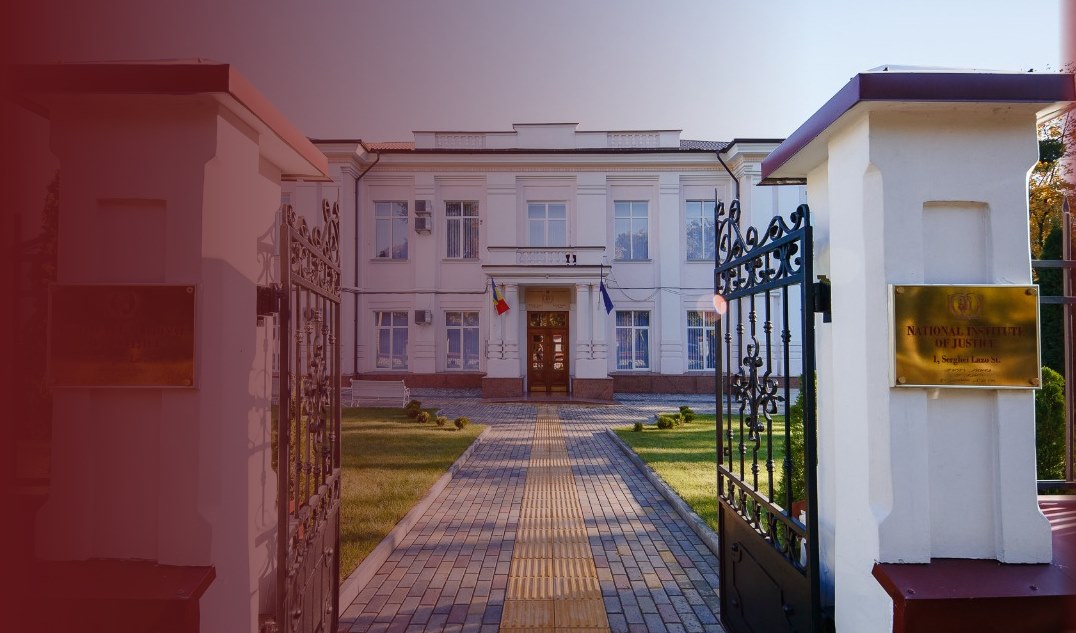On Wednesday, June 12, 2019, within the National Institute of Justice, was launched the distance learning course "Key Human Rights Principles in Biomedicine", that was attended by judges, prosecutors, NIJ trainers and doctors.
In the opening, Diana Scobioala, the Director of the National Institute of Justice, mentioned that it is the seventh course developed on the HELP platform and launched in cooperation with the institution she is leading: "At the same time, this is the only interdisciplinary course on adaptation to which have contributed representatives of both legal and medical professions. "
At the event, Ana Medarska-Lazova, HELP Project Officer, and Katrin Uerpmann, Deputy Secretary of the Council of Europe Committee on Bioethics, talked about the structure of the course, CoE standards in transplantation of human organs and tissues, case studies, etc. Rodica Gramma, doctor in medical sciences, member of the Bureau of the CoE Bioethics Committee, highlighted the bioethical problems identified in the Republic of Moldova, in particular the risks of human rights violations in the health field, and the importance of cooperation between legal and medical professionals to solve them.
The content of the course, adapted to the requirements of the Moldovan legislation, was presented by national tutors Diana Scobioala, PhD in law, HELP National Focal Point, and Olga Dorul, doctor in law, NIJ trainer.
The e-learning program is intended to train legal professionals in the spirit of respect for human rights in biomedicine and will be active from June 12 to August 1, 2019. Consisting of eight modules, with a total duration of 40 hours, it addresses several topics such as: medical confidentiality and protection of health related data, protection of the embryo and procreation, genetic testing, transplantation of human organs and tissues, and others. The course also covers the provisions of the Oviedo Convention and its Additional Protocols, the relevant case-law of the European Court of Human Rights and the recommendations of the Council of Europe Committee on Bioethics.
The event was organized by the National Institute of Justice in cooperation with the European Programme for Human Rights Education for Legal Professionals and the Council of Europe Bioethics Unit.
